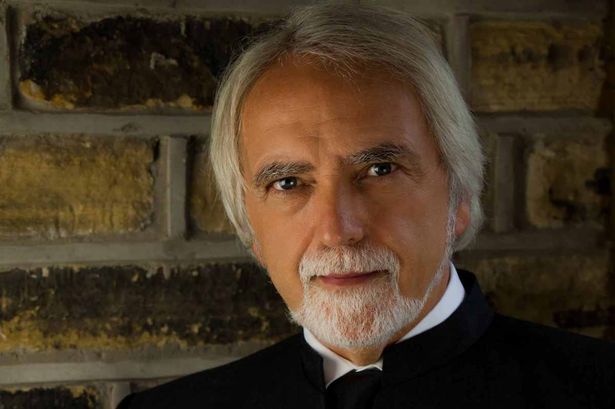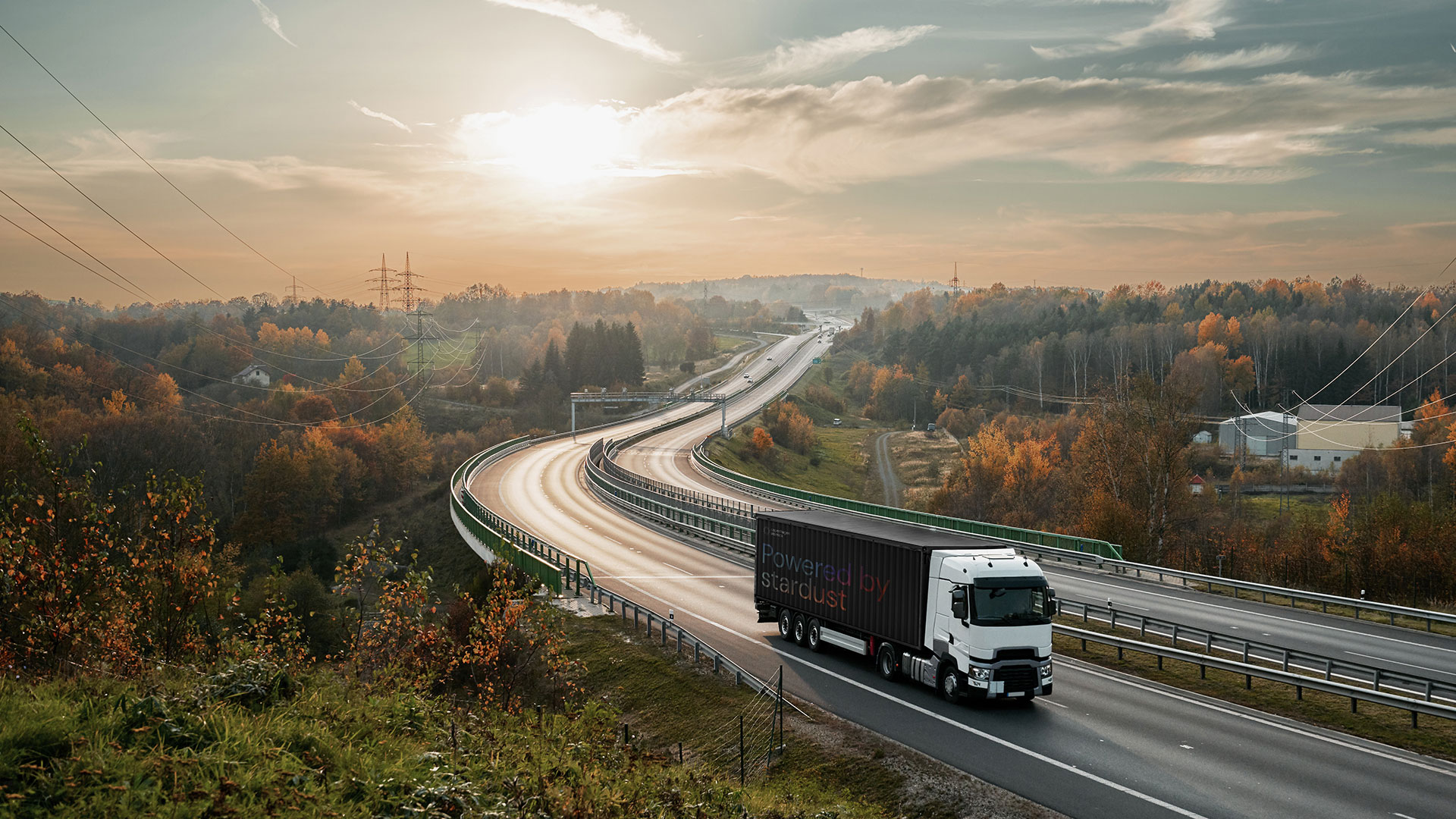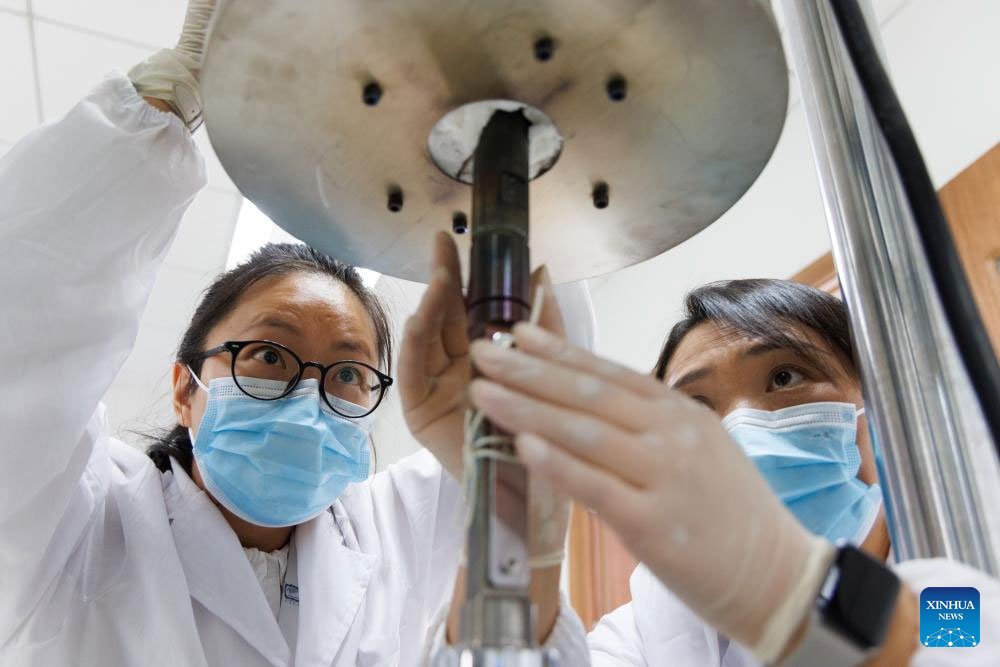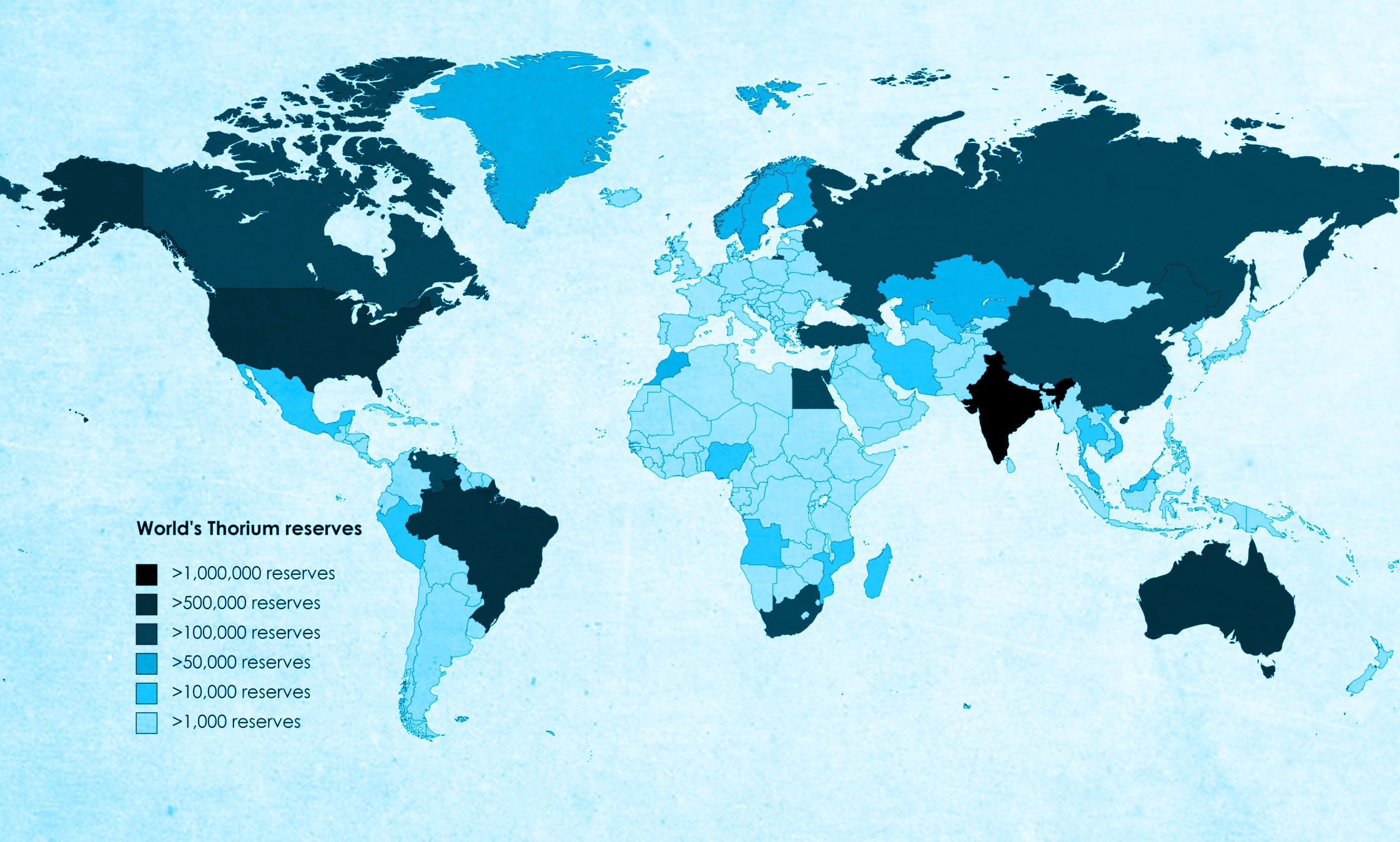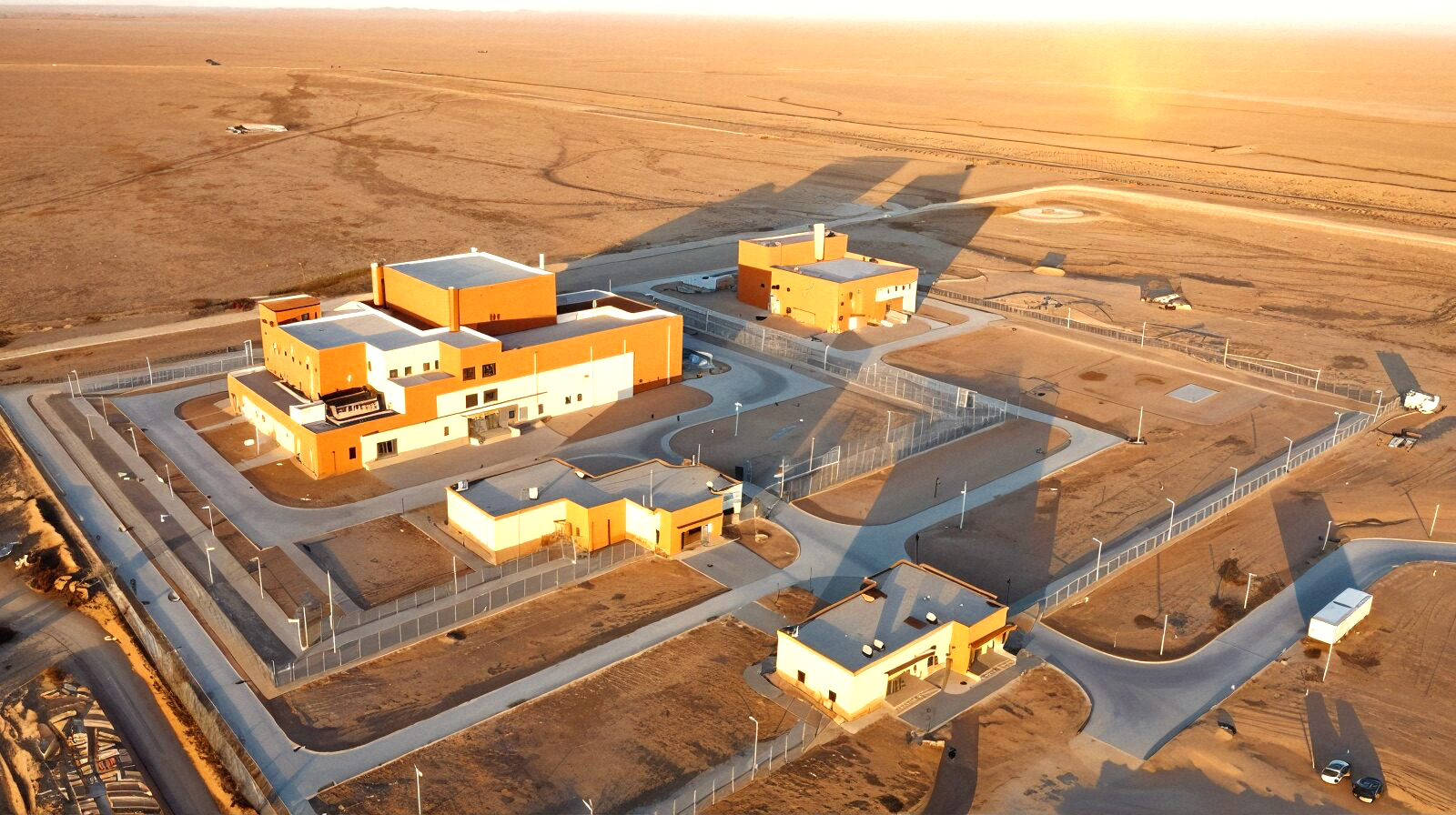Thorium, a little-known radioactive metal, could supply global energy needs for thousands of years.
Professor Bob Cywinski of Huddersfield University (pictured above) argues that public perception — shaped by decades-old images of nuclear accidents — keeps modern nuclear technology from entering the mainstream conversation. Yet today’s nuclear systems are far safer, cleaner, and better understood than the early designs that defined public fear.
In Western Europe, electricity, heating, and transport each contribute roughly a third of total CO₂ emissions, driven largely by fossil fuels. By comparison, nuclear energy produces about 4 grams of CO₂ per kilowatt-hour — half that of wind — while coal, oil, and gas emit hundreds to a thousand grams. Thorium offers further advantages: it is abundant, efficient, and non-fissile, meaning it cannot sustain a reaction unless activated. It can even consume existing uranium and plutonium waste, producing far less toxicity in the process.
Large thorium reserves already exist, uncovered during rare-earth mining, and the energy density is extraordinary. A piece the size of a golf ball could meet one person’s lifetime energy needs, including heating and transportation.
Thorium concepts were heavily researched in the 1960s under nuclear pioneer Alvin Weinberg, and although not yet deployed at scale, they continue to gain influential supporters — including former anti-nuclear advocate Baroness Bryony Worthington. Professor Cywinski, who has collaborated with former IAEA director Hans Blix and Nobel laureate Carlo Rubbia, considers thorium the most promising option among all advanced energy systems studied.
He stresses that rebuilding trust is essential. Instead of dismissing fears, scientists must explain the safety and benefits clearly. Nuclear energy, he argues, remains the safest major energy source, and thorium can strengthen that record even further.
Wind and other renewables have their place, but they also reshape landscapes and communities. Thorium-based systems offer a path to reliable, low-carbon energy without sacrificing the environment they aim to protect.

